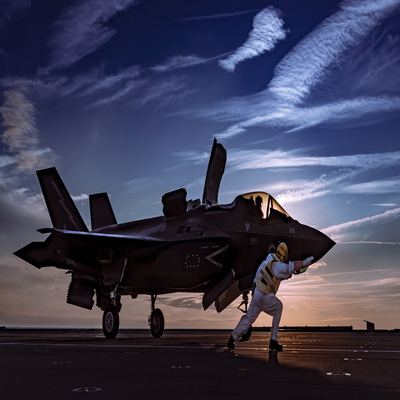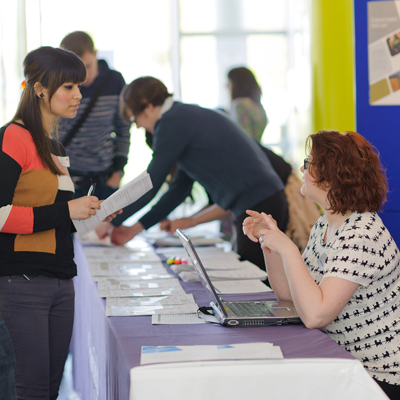A leading academic expert on national security has called for a radical shake-up in how the UK deals with major crises on the scale of the current pandemic.
Former industrialist and MoD official Dr Simon Harwood said it was time for a new body which does not just try and spot what could go wrong, but also sets out the steps which need to be taken so the UK can cope with the country’s next extraordinary/extreme event.
This could be another pandemic or for other ‘major risks’, such as a serious terrorist attack, cyber-biological threat, space-weather or the potential catastrophic impact of man-made climate change - such as flooding or other extreme weather events.
Dr Harwood, Director of Defence and Security at Cranfield University, was speaking this week to the House of Lords Risk Assessment and Risk Planning Committee.
The committee’s members include some of Britain’s leading scientists, plus senior figures such as former NATO Secretary-General Lord Robertson.
Speaking to the committee Dr Harwood said: “What use is simply having a list of risks that we do nothing about? What we need, what I believe we need as a country, is a comprehensive resilience framework that looks at the risk, and also our ability to mitigate it.”
Dr Harwood said it was vital that the organisation in charge of deciding which risks were the most dangerous ones should also have the job of understanding how and whether they could be mitigated.
He told the committee that the UK needs to move away from the “ever expanding list of risks into what are we going to do about them,” which he describes as “connected resilience.”
Dr Harwood said this new organisation - a new ‘national-emergency agency’ - could have its own personnel with one of its roles being to co-ordinate volunteer reservists able to work across communities in the face of another crisis.
“We need leadership and decision-making from a dedicated national level operation capable of working nationally, internationally and globally. We can't continue to rely on the outstanding work the armed forces are doing to step in at any and every extra ordinary event as has so often has happened; flooding, foot and mouth, disruption of the petrol supply chain, COVID, ebola. This time with COVID, the UK was fortunate that our armed forces were not being deployed extensively overseas on a mission.” Dr Harwood continued.
Dr Harwood called it the “fourth emergency service, able to work across our communities, bring together and give training and medical skills, crowd control, logistics, communication, essentially a group drilled to take their place alongside local councils and the emergency services.
Dr Harwood said the UK’s lack of resilience in some key sectors - exposed by the coronavirus pandemic was now a risk in itself.
“COVID-19 exposed everything that's brittle about making efficiency the priority for both the public and private sector,” as he went on to say “in a business case, in efficiency terms, why would you invest to mitigate a low probability event?”
Dr Harwood is part of a team at Cranfield University which is looking at the interconnectedness of different threats - from pandemics to information security - the impact that the UK could face should they happen, and how to try and ensure that there is a plan for recovery in the worst circumstances.
Cranfield researchers and academics are working on a multi-disciplinary basis in this area and include specialists on organisational resilience, environmental risk management, foresight, resilient infrastructure and safety, accident and investigation.
Cranfield is a UK leading centre of expertise on connected resilience and is playing a major role on the new National Preparedness Commission led by Lord Toby Harris.
Notes for editors
View the full video of Dr Harwood's appearance
Dr Simon Harwood PhD PGDip BSc is Director of Defence and Security at Cranfield. Dr Harwood has worked in industry as a Director of international strategy and business development at Boeing’s Phantom Works, has served with the Royal Navy as well as working for Her Majesty’s Government both nationally and internationally.


